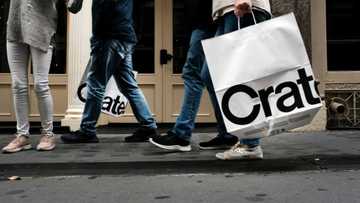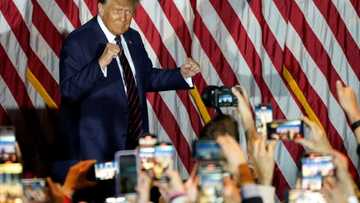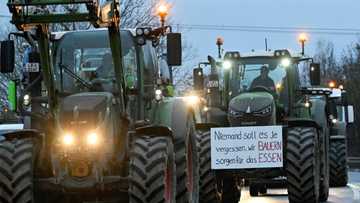UK facing Brexit realities after failed Canada talks
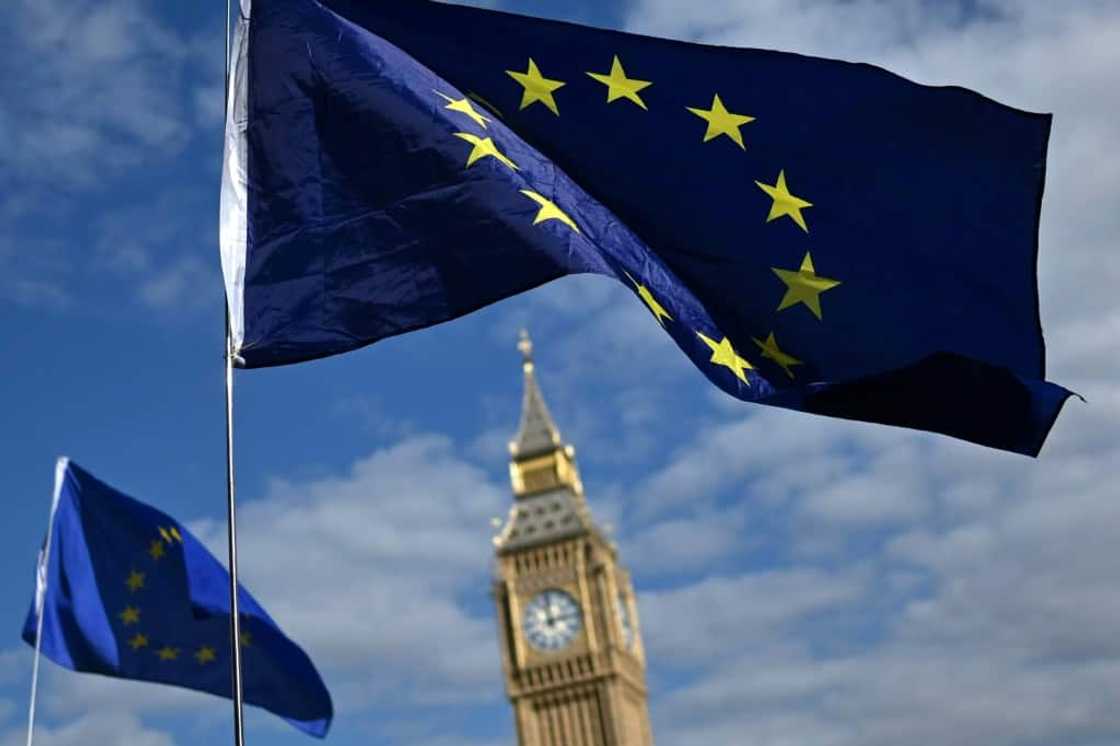
Source: AFP
The UK's failed free trade talks with Canada show that it is struggling to deliver on its promises to thrive after Brexit, experts said on Friday.
London has been seeking to sign new trade pacts around the world to show it was right to sever ties with its nearest neighbours nearly four years ago.
But negotiators paused talks with Ottawa late Thursday, with sources pinpointing British cheese imports to Canada and Canadian beef exports to the UK as major sticking points to agreement.
"We will only negotiate deals that deliver for the British people, and we reserve the right to pause negotiations where progress is not being made," said a spokeswoman for Prime Minister Rishi Sunak.
"We're open to restarting talks with Canada in the future."
The main opposition Labour party, which is widely expected to win this year's general election, called it "another significant failure from the Conservatives to honour their promises".
Keith Pilbeam, economics professor at City, University of London, said the pro-Brexit government had overplayed its cards.
"It undermines the UK and shows that the Brexiteers considerably overstated how easy trade deals would be to do alone in the world with our much smaller economy compared to that of the EU," he told AFP.
"The UK did well rolling over existing EU deals but is finding it very hard to negotiate its own trade deals as the concessions that other countries like Canada and the US want from us are not acceptable to UK citizens, businesses and farmers."
Unrealistic
King's College London economist Jonathan Portes talked down the direct impact on UK trade, given that Canada is not one of the UK's biggest trading partners.
But he added: "More broadly it shows the limitations of the government's trade strategy... to use post-Brexit trade deals to offset the negative impacts of Brexit on trade.
"That was never realistic."
Brexiteers have repeatedly talked up the benefits of leaving the EU since Britons voted narrowly in favour of quitting the bloc in 2016.
They promised "sunlit uplands" of economic prosperity, while Boris Johnson, the former prime minister, said Brexit would free the UK to project itself on the world stage.
Opponents, though, claim that alongside restrictions to freedom of movement and increased red tape, departure has helped fuel rampant inflation and worsen a cost-of-living crisis.
Some trade deals have been signed, including with faster-growing economies such as Australia, New Zealand and Singapore.
The UK also joined 11 Asia-Pacific countries who are members of the Comprehensive and Progressive Agreement for Trans-Pacific Partnership (CPTPP).
A much sought-after free trade deal with the United States remains elusive.
With Canada, an interim deal with the UK preserved many of the same conditions as under the Comprehensive Economic Trade Agreement (CETA) between Canada and the EU.
But its provisions for British cheese imports to Canada expired last month, leaving some UK exporters facing customs duties of 245 percent, according to the British Chambers of Commerce.
"Some exporters will not find it competitive to export to Canada anymore... They are in a worst position than they were before Brexit," BCC head of trade policy William Bain told AFP.
Protectionism
Added to the picture, the rules of origin -- which stipulate how much of the value of UK car exports must be produced in Britain -- are due to expire in March.
That could slap customs duties of 10 percent on car exports heading to Canada, the BCC says.
The failure of talks between two G7 and Commonwealth allies which share a king showed the "rise in protectionism across the world", with exporters suffering the consequences, said Bain.
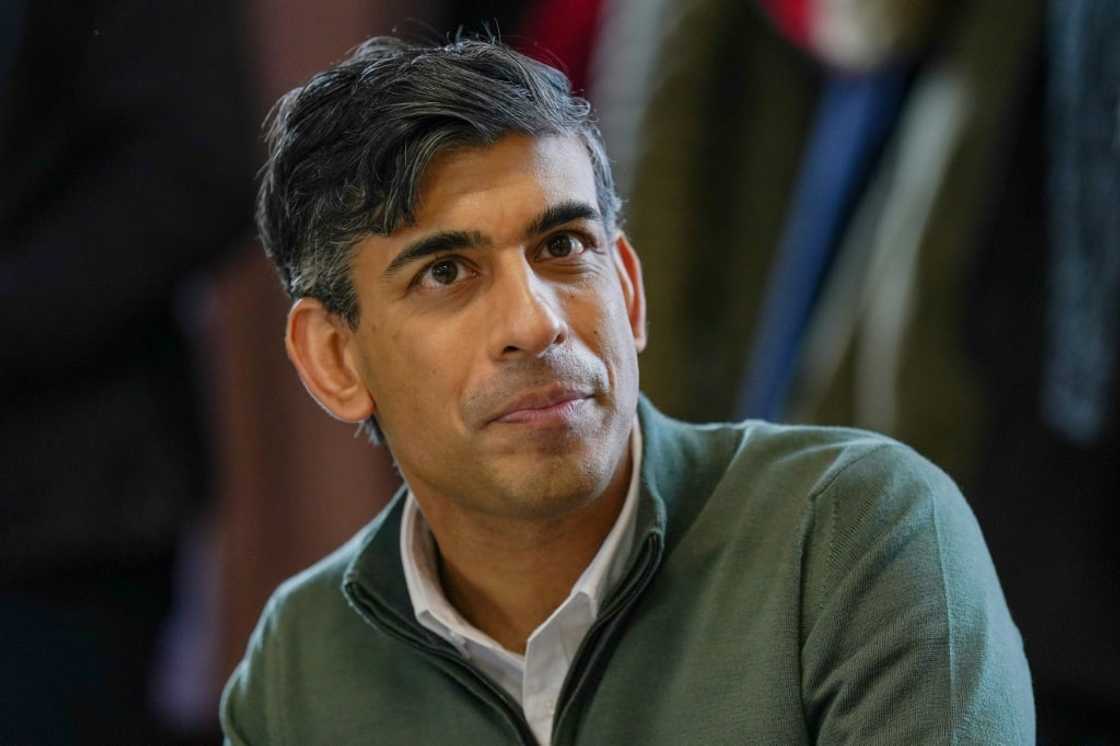
Source: AFP
The president of Britain's National Farmers Union (NFU), Minette Batters, called it "the right decision", however.
"On products such as beef and cheese, Canada was demanding too much and offering too little," she said.
"We understand that Canada made repeated attempts to force the UK to change its food safety rules and to extract unreasonable concessions for maintaining our preferential access to its cheese market beyond the end of 2023."
David Henig, trade expert at London-based think-tank the European Centre for International Political Economy, said Britain was looking to preserve its food and veterinary standards after criticism of its previous deal with Australia.
UK farmers contend they face competition from cheaper Australian exports like beef and lamb due to industrial farming methods and relaxed food safety requirements.
"This pause shows that the realities of trade negotiations are catching up with the UK, that protecting food standards can lead to problems in talks, and that choices have to be made," he said,
"The UK has chosen -- after a backlash from farmers to the Australia deal -- to not repeat this experience."
PAY ATTENTION: Сheck out news that is picked exactly for YOU - click on “Recommended for you” and enjoy!
Source: AFP

